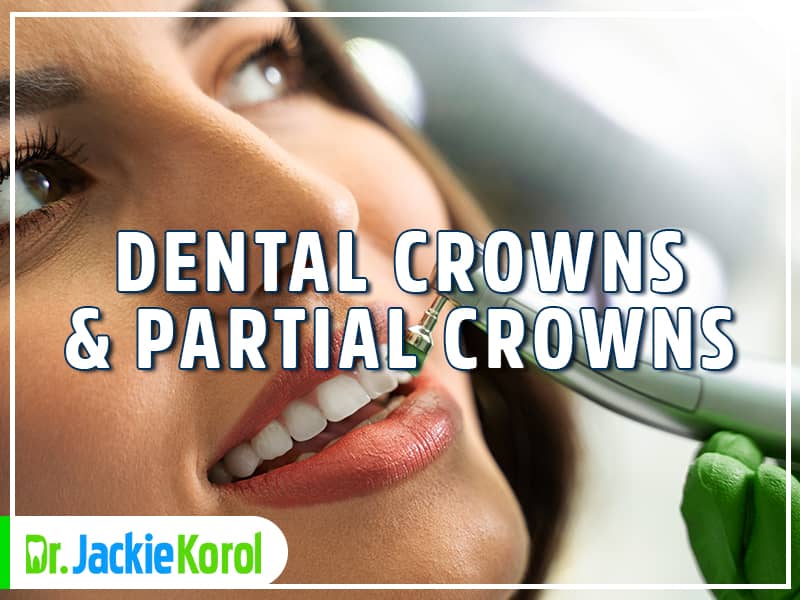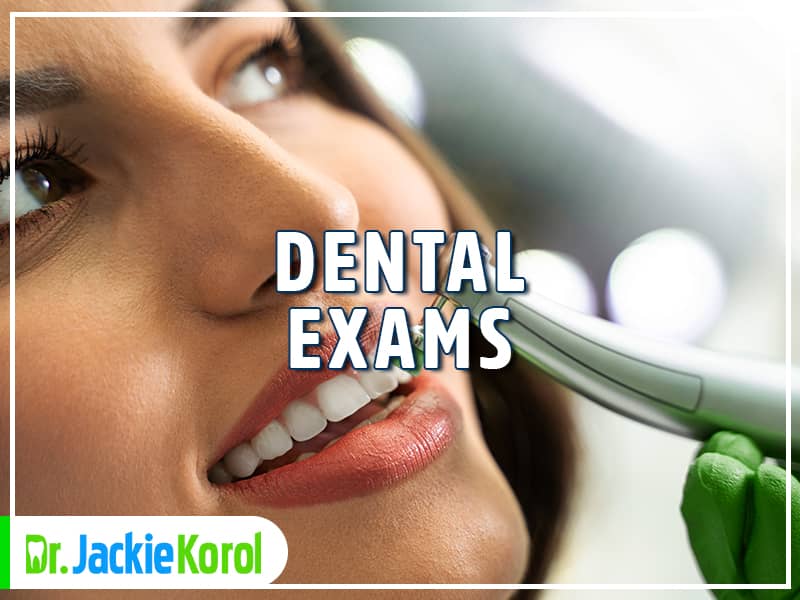What Is The Difference Between A Full Dental Crown And A Partial Crown?

A dental crown is an effective way to save a tooth that has been weakened or damaged due to injury, wear, or decay. They can be made of metal, resins, porcelain, or ceramic. This artificial restoration is shaped like your natural tooth and will cover, protect, and restore your tooth structure when the damage is beyond what a traditional filling can repair. A dental crown is cemented in place over the remaining portion of the damaged tooth and can last for many years with proper care. There are two types of dental crowns your doctor may use to restore your damaged tooth. These are a full dental crown and a partial dental crown. Here is the difference.
Full Dental Crown vs Partial Dental Crown: What Is The Difference?
Dentists opt for dental crowns for a number of reasons including:
- Broken teeth
- Teeth that are weakened by decay or by a large filling
- To protect a tooth after a root canal
- To improve the appearance of a discoloured or misshapen tooth
- To cover a dental implant
- To hold a dental bridge or denture in place
Depending on the degree of damage to your tooth, your dentist will choose between a partial dental crown and a full dental crown.
Partial Dental Crowns
Your dentist will likely opt for a partial crown to restore a tooth that has sustained considerable loss of tooth material, but that still maintains some tooth structure. Partial crowns are sometimes referred to as inlays. If you have chosen a biocompatible dentist, your partial crown or inlay will likely be made of ceramic or gold because these materials provide the strength and durability required and are biologically well-tolerated. This dental crown is designed to match the bite surface of your original tooth and is bonded to your natural tooth to provide optimal functionality. It will match the colour and shape of your original tooth (if ceramic) and fit securely over at least one tooth cusp so that it is virtually indistinguishable from your other teeth. With a partial dental crown, at least some of your existing tooth is still visible.
Full Dental Crowns
If your tooth is severely damaged due to decay or injury, a full dental crown is the best option. A full dental crown looks like a hollow tooth and is designed to fit snugly over the remaining part of your tooth structure after your natural tooth has been prepared by your dentist. Your full or complete crown will completely cover any part of your natural tooth that would be visible above your gum line. The root structure of your natural tooth remains in place. This tooth restoration is digitally designed to integrate seamlessly with your other teeth and function exactly as your healthy natural tooth would have. If you have chosen a biocompatible dentist, your full dental crown will be made of the same safe and well-tolerated materials as a partial dental crown; gold or ceramic. These materials are strong and durable and will give your dental crown the longevity you need.
The Dental Crown Procedure
It will take two separate visits to your dentist’s office to complete your dental crown procedure.
Your first appointment will include a dental impression to guide the fabrication of your new dental crown. Next, your dentist will prepare your tooth to receive the dental crown by carefully reshaping and removing the damaged part of your natural tooth, striving to maintain as much of your natural tooth tissues and structure as possible. At your first visit you will receive a temporary crown to protect your prepared tooth and maintain your oral function while you wait for your custom crown.
At your second appointment your dentist will cement your custom crown in place, make any necessary adjustments, and ensure that the fit, function, and aesthetics are ideal.
Holistic Dental Restorations: Dental Crowns At Dr. Korol Dental
If your dentist has recommended partial or full dental crowns to address a tooth that is damaged due to decay, injury, or wear, consider the benefits of a biocompatible approach to tooth restoration.
To learn more about your options for dental crown biocompatible restorations read Dental Crowns: Everything You Need To Know and book an appointment at Dr. Korol Dental to experience how a holistic approach to dental care can elevate your dental experience and optimize your overall health.
Dr. Korol and her skilled and compassionate team are committed to providing the highest quality and safest, most holistic approach to dental care, oral health, and overall well-being. We offer the newest and most effective treatments and technologies to support a lifetime of good health. Book your appointment by calling (403) 245-9099 or filling out our online form.
FAQ
Your dentist will use a local anesthetic on the tooth receiving the dental crown as well as on the surrounding gum tissue so you do not feel any pain or discomfort.
For the most part, dental crowns require only the same care and hygiene as your natural teeth. But for some specific tips and a basic hygiene refresher, read Dental Crowns Care and Cleaning. And don’t forget to book your regular six-month check up and cleaning with the team at Dr. Korol.
The average lifespan of a partial dental crown is between 5 and 20 years, depending on the material used and with proper care and professional hygiene.
CONTACT US
Questions? Comments? Call us today at 1-403-245-9099 or fill out the form below:




